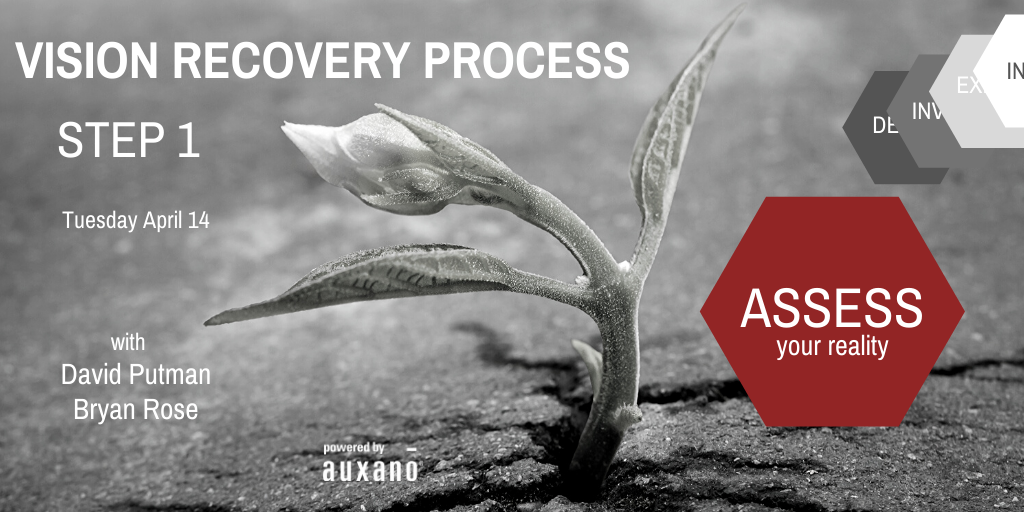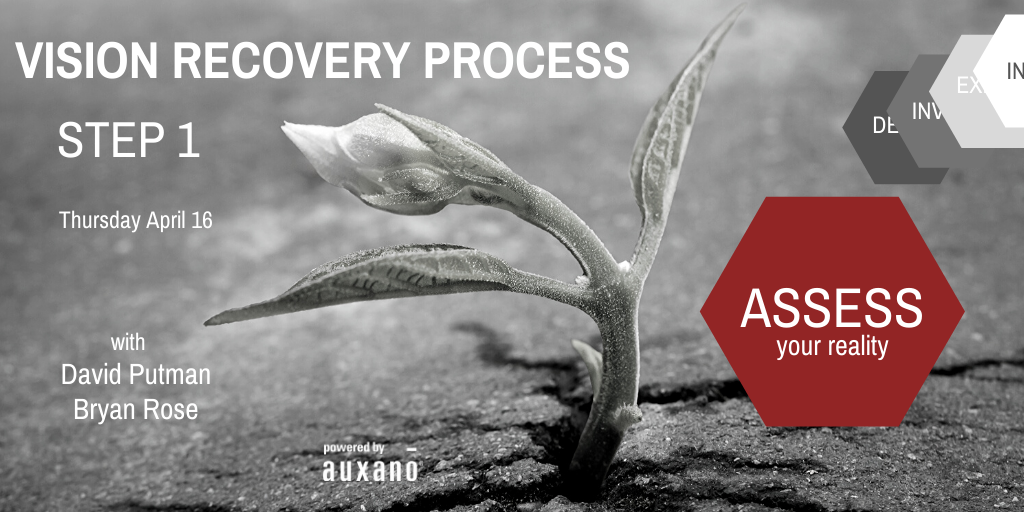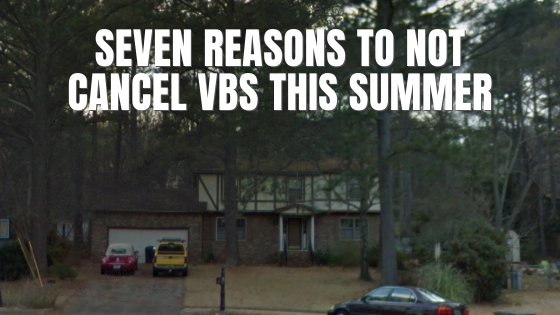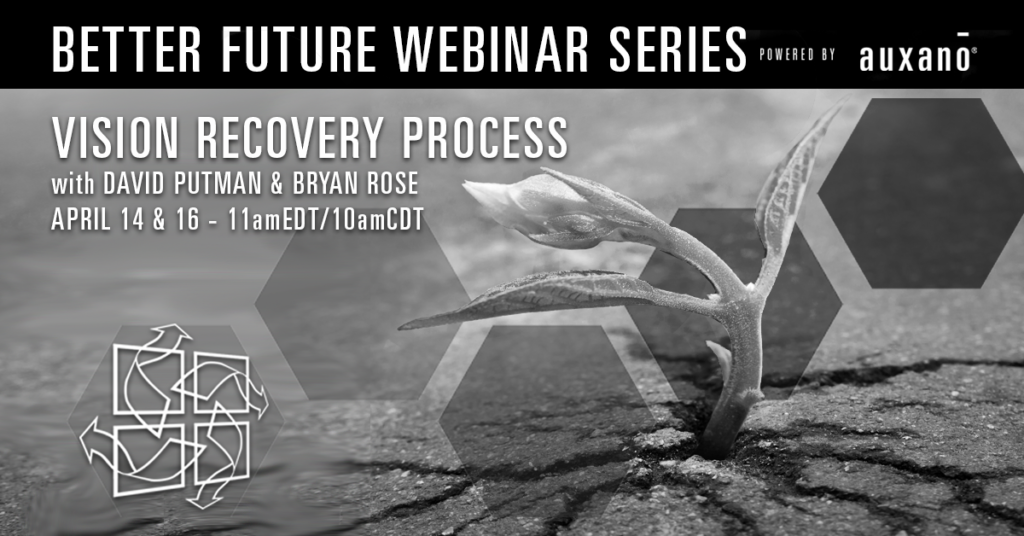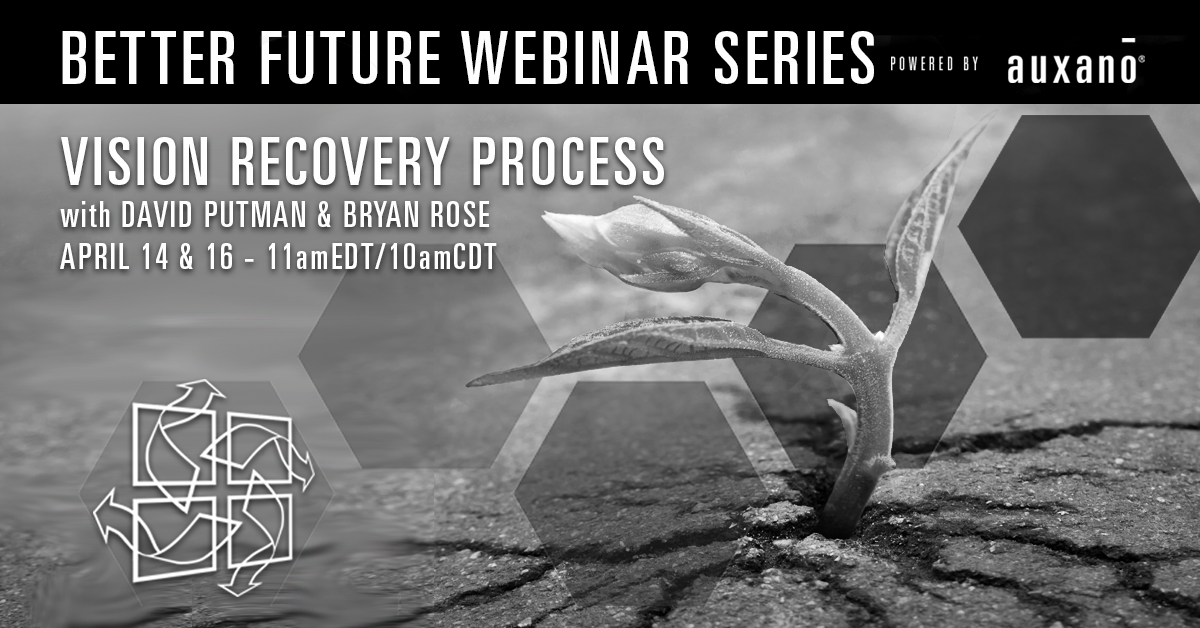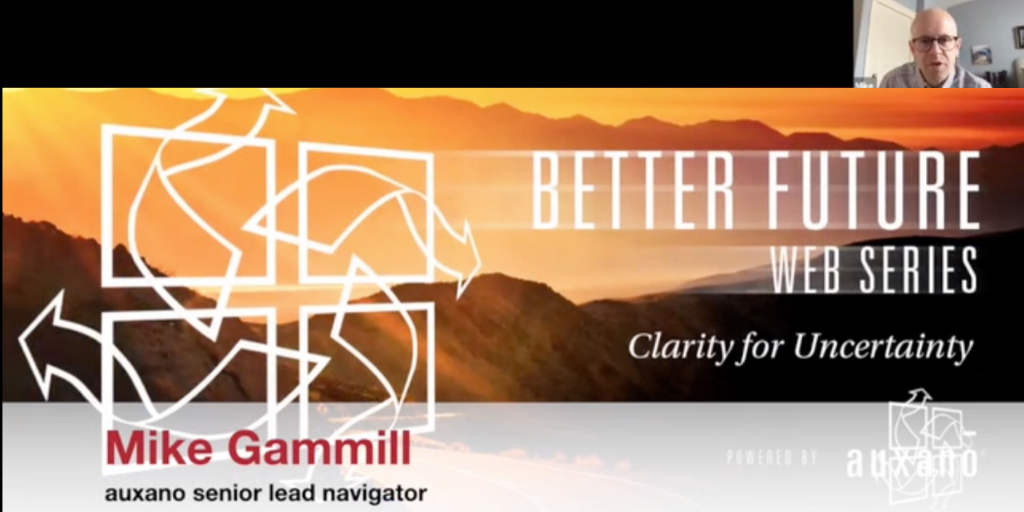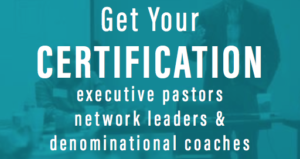Recently I had the chance to sit down with Auxano’s Digital Engagement Leader (and Guest Experience Navigator), Bob Adams, and talk about reading. We captured the conversation on the My Ministry Breakthrough podcast as a way to encourage other leaders in their reading. Many of us will create goals around reading in light of a New Year and, to some, a new decade of church ministry. In this episode, Bob outlines 10 Benefits of Regular Reading.
Inspired by Bob’s list, I have added some thoughts of my own and set up a personal reading goal for 2020 for each point made. Here are ten ways reading will benefit your life and ministry in 2020:
Benefit #1 – Reading builds a connection between your brain synapses. Unlike visual video media consumption, the thought required by reading forms new connections in your brain by stimulating thinking. Video media already creates the scene, moment, or location on-screen, as opposed to your mind assembling words into a picture. Read to promote brain health and growth.
2020 Goal: Read for at least 20 minutes every day.
Benefit #2 – Reading reduces stress by being a mental pressure relief valve. Reading, particularly fiction reading, takes your mind to a different place through challenging ideas or changing landscape. Reading slows your body but not your mind, in the way that Netflix watching will. Just a few minutes of reading can change your perspective and affect your emotions. Read to be a better version of yourself.
2020 Goal: Read at least one fiction or pleasurable book every quarter.
Benefit #3 – Reading increases knowledge at all levels. Reading forces you to confront new ideas and process them in light of personal experience or other reading. Reading builds your knowledge base around a particular subject allowing multiple perspectives from different authors. Even if you are only reading at an elementary level (Bob unpacks Mortimer Adler’sAdler’s levels of reading in the episode), knowledge development still takes place. Read to develop proficiency in an area or subject.
2020 Goal: Read one book on a subject or topic almost entirely unknown.
Benefit #4 – Reading expands your vocabulary. Many books are written for a narrow scope of readers, or from a particular point of view. These books often contain a specific vernacular. Confronting and defining words you have never engaged before adds new ammunition to your conversational arsenal. New words create new worlds in your mind and your life. Read to sound and be smarter.
2020 Goal: Learn and incorporate 20 new words into everyday conversation in 2020.
Benefit #5 – Reading makes you a better writer. Everyone who communicates is, in some way, a writer. Pastors write out sermons. Managers write staff evaluations. Teachers write lesson plans. Every conversation in some way takes writing even if you never actually put words into print. Reading reinforces acceptable grammar and proficient sentence structure. Read to write better.
2020 Goal: Work on one communication piece (ebook, blog, sermon, or consulting plan) for at least one hour every week.
Benefit #6 – Reading supports the skills to be an analytical thinker. This benefit can be a challenge. Moving beyond face value in an author’s words to confront their opinion or point of view requires effort beyond consumption. You do not have to agree with every author, or every author’s position, to appreciate their book. Read to strengthen or challenge your convictions.
2020 Goal: Read one book I would ordinarily avoid because I disagree with the author or am dispassionate about the topic.
Benefit #7 – Reading builds focus. Engaging with an author creating a case or setting up a scene forces a level of commitment and concentration very different from our quick-cut video-driven culture. Books take time to understand and to process. This practice creates an ability to stay in a moment longer. Read to remain focused on the task at hand.
2020 Goal: Finish every book before starting the next one, even if I skim/seminary read it.
Benefit #8 – Reading makes you a better speaker. You don’t have to speak to large crowds to realize a benefit in your speaking from reading. Hallway conversations are impacted by reading as much as platform sermons. Regularly engaging other voices helps to grow your distinct voice, as well as bring content and perspective to just about every communication situation. Read to communicate on a higher level.
2020 Goal: Read, or re-read, one book on public speaking before my first engagement of 2020.
Benefit #9 – Reading stimulates your mind. Some authors are more mind-stretching to read than others. Nothing impacts your dreams like reading Len Sweet right before bedtime. Creativity and critical thinking walk hand-in-hand across the landscape of the reader’s mind. Taking the time to journal and challenge the author’s assumptions strengthens your resolve, or where needed, shapes a reformed view. Read to grow in thought leadership.
2020 Goal: Chronicle the reading of ten books using a journaling system/technique.
Benefit #10 – Reading doesn’t have to cost you anything. As Bob reiterated, most public library systems are not only a numerical storehouse of reading possibility, but they also have the newest titles on hand. Leveraging your local library allows you to read a few chapters of the latest titles before purchasing a copy you can mark up and annotate. It costs nothing but time to check out some library books, provided you return them on time. Read library books to save money or preview before purchasing.
2020 Goal: Make a library trip at least once a month as a family.
Here is a recap of the ten reading goals for 2020 above:
- Read for at least 20 minutes every day.
- Read at least one fiction or pleasurable book every quarter.
- Read one book on a subject or topic almost wholly unknown.
- Learn and incorporate 20 new words into everyday conversation in 2020.
- Work on one communication piece (ebook, blog, sermon, or consulting plan) for at least one hour every week.
- Read one book I would ordinarily avoid because I disagree with the author or am dispassionate about the topic.
- Finish every book before starting the next one, even if I skim/seminary read it.
- Read, or re-read, one book on public speaking before my first engagement of 2020.
- Chronicle the reading of ten books using a journaling system/technique.
- Make a library trip at least once a month as a family.
Will I accomplish every single one of these goals? That’s not at all likely. However, if I were to achieve only half, the way I work, rest, parent, and impact others will be marked by these reading goals. Check out the podcast episode for a masterclass on reading in this new year.
What is one goal you have for reading in 2020?
> Read more from Bryan.

Tags: 2020 goals, Bryan Rose, Leadership, Reading, Reading is Leading
|
What is MyVisionRoom? > | Back to Leadership >







